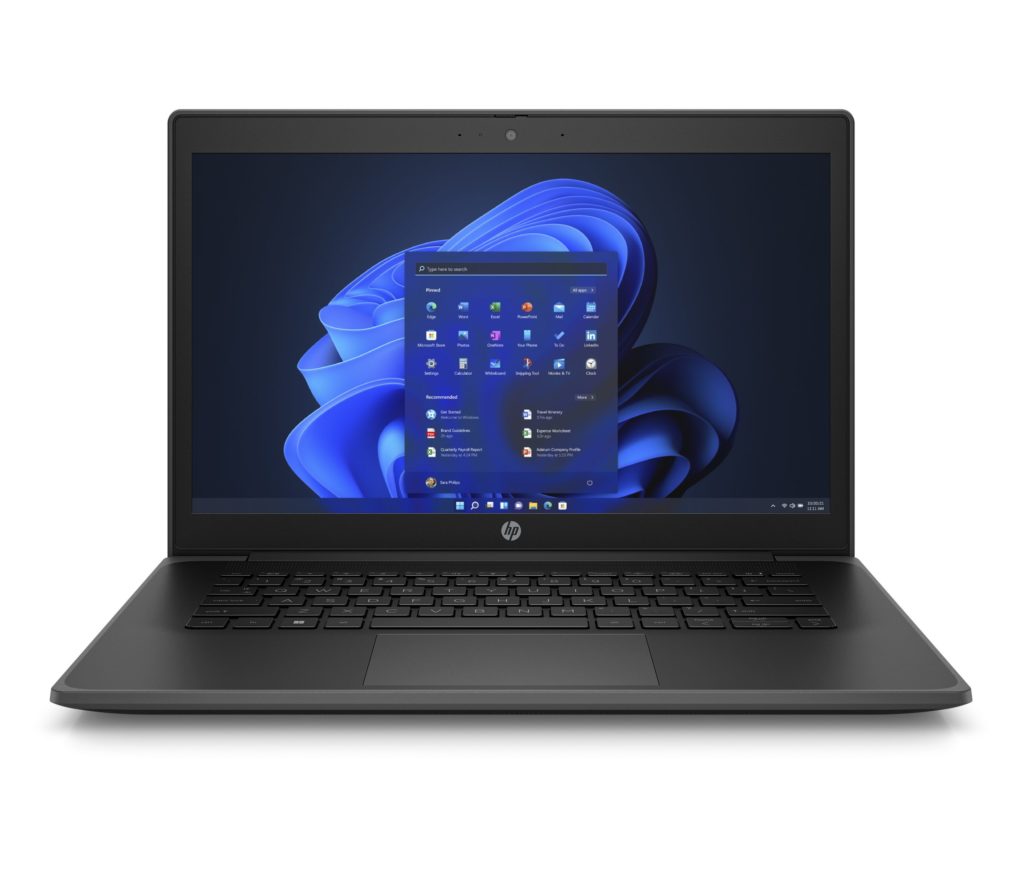The education market generally gets the cheapest products the industry can make, which is far from ideal given that kids are very hard on products. One of the reasons for this is that education tends to be underfunded, so the focus has been on price rather than product durability, even though we know kids need hardened products.
Well, this year HP stepped up with its Fortis line that is uniquely designed to both assure connectivity for remote students and to survive being handled by students.
Let’s explore Fortis this week.
The StudyPro
I came around to my view of what students, particularly those in K-12, need for school in the late 1990s when Intel and Microsoft brought out a trial offering called the “StudyPro”. This product was unique on three vectors: it was connected (diffuse IR because Wi-Fi wasn’t yet available), it was remotely manageable, and it was built like a tank. Based on extensive studies done by both Intel and Microsoft they determined that these were the critical features needed in a student-focused product. But after those trials that proved the need for these features were done, the industry seemed to forget the requirements.
But HP remembered them and created Fortis.
HP Fortis
The HP Fortis line is impressive. It has two form factors that are both notebooks in 14-inch and 11-inch sizes. The expectation is that younger kids will likely prefer a more portable product while older students and teachers will prefer the larger, more powerful 14-inch options. These products generally include the latest Wi-Fi (6E), and many have WAN capabilities as options to assure connectivity.
In addition, the products are designed to be remotely managed because IT is likely working from home, as well, and remote management can fix most non-physical problems with very little teacher interaction. Thus, students stay up and running, and teachers can focus on teaching, not providing tech support.
Finally, the products are significantly hardened to military specification standards. This hardening includes hardening the keyboards so that kids don’t pop the keys off while screwing around. The combination of connectivity, remote management, and physical and electronic hardening means that schools and parents can better trust the platform to keep running as long and reliably as needed.
HP also announced a Chromebook in this line, and it appears to be the best student-targeted Chromebook currently in market.
You may wonder about the WAN options, but since the pandemic started, IT organizations have found managing home-based networking equipment time-consuming and aggravating. By optionally allowing these devices to connect to the cellphone infrastructure, school IT can largely automate student support and more easily assure the related network connection.
As noted, these products are designed for kids, so extra effort was taken to prevent things like kids pulling off parts of the keyboard, dropping the laptop, or in most cases, using it inappropriately.
As you would expect from HP, the products are wrapped with security, have built-in cameras, and other common notebook features, and are well built, all of which adds to their appeal. HP, in conjunction with this announcement, also launched two new cameras which are also designed for students and can be used to better showcase physical work projects like models.
Wrapping up
We’ve known since the StudyPro trial that students need a special class of notebook for their unique needs and distracted minds. HP has stepped up with a new line called Fortis that promises to meet those unique needs which include WAN connectivity as an option on several of these laptops. Finally, these products are designed to be remotely managed at scale, secured against a variety of attacks, and physically hardened to assure that the notebook you bought your child isn’t damaged or broken.
Students of the world have a new product line for their remote education, and it appears to be the best focused student market set of laptops in the segment.
- AMD’s New Secret Weapon: Why Ariel Kelman is the Right CMO for the Age of the Viral Underdog - February 16, 2026
- Anthropic’s Legal Reaper: Why the Death of the Middleman Is Now a Certainty and Your Industry Is Next on the Menu - February 6, 2026
- The Dawn of “Personal Intelligence”: How Google’s New AI Strategy Could Dethrone Microsoft and Reshape the Future of Work - January 30, 2026



